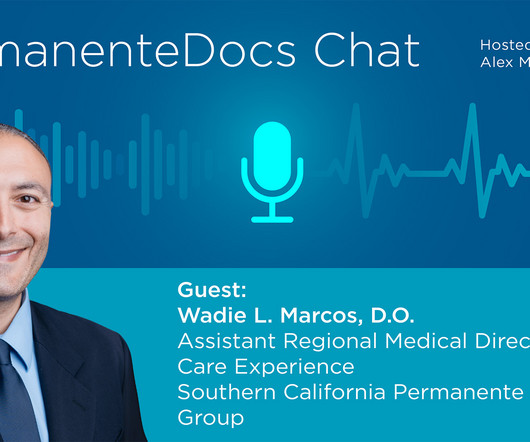Artificial Intelligence in Health Care
Integrated Care News by CFHA
MAY 1, 2025
That small win reminded me that artificial intelligence is already shaping the way our patients (and our families) search for health advice. Our Patients Are Already Using AI Many people now ask their first health question to a chatbot rather than to a clinician. Below, I share three reasons why. References Menchaca, J.














Let's personalize your content